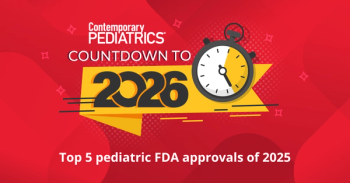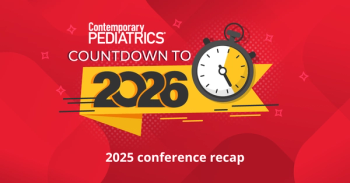
How to talk to children about disasters
The kindergarteners and first graders at Sandy Hook Elementary School in Newtown, Connecticut, saw first hand horrors that many of their parents will never see in their lifetimes, yet the children will eventually cope with this tragedy and grow up without long-term emotional problems, say experts, including the American Academy of Pediatrics (AAP), the National Child Traumatic Stress Network (NCTSN), and the Substance Abuse and Mental Health Services Administration (SAMSHA).
The kindergarteners and first graders at Sandy Hook Elementary School in Newtown, Connecticut, saw first hand horrors that many of their parents will never see in their lifetimes, yet the children will eventually cope with this tragedy and grow up without long-term emotional problems, say experts, including the
For younger children, the AAP says that asking them what they already know and answering their questions will help them understand what has happened and calm their fears that the same disaster will happen again. It is important to reassure them that many people, including police, firefighters, and emergency personnel, are working to keep them safe.
For older children, both the AAP and the NCTSN advise parents to limit media exposure to images and sounds of the disaster, and if the child has seen coverage, to talk about the events together so that misperceptions can be corrected.
Parents also should be careful not to blame any cultural, racial, or ethnic group or persons with mental or psychiatric disabilities, says SAMHSA, but instead take the opportunity to discuss discrimination and diversity.
The experts agree that it is all right for adults to show sadness and empathy for the victims and their families, but that they also should share with their children the good that has been seen in the midst of the tragedy.
Finally, parents should be patient if their children show problems with behavior, concentration, and attention. However, if their reactions interfere with their ability to function, or if problem behavior continues for several weeks, it is time for evaluation by a pediatrician, family physician, or a mental health specialist with experience in dealing with trauma.
The AAP has
Newsletter
Access practical, evidence-based guidance to support better care for our youngest patients. Join our email list for the latest clinical updates.








